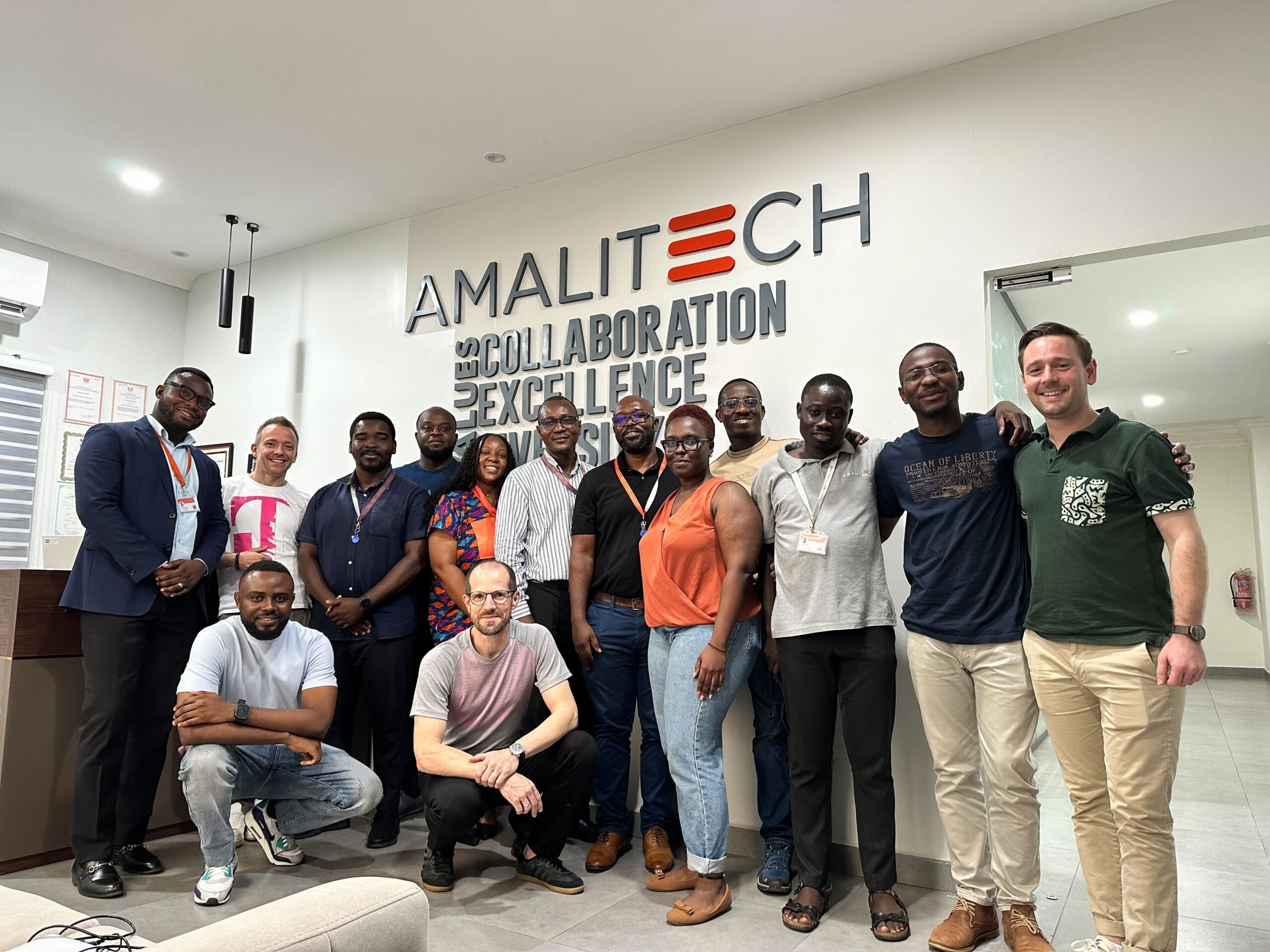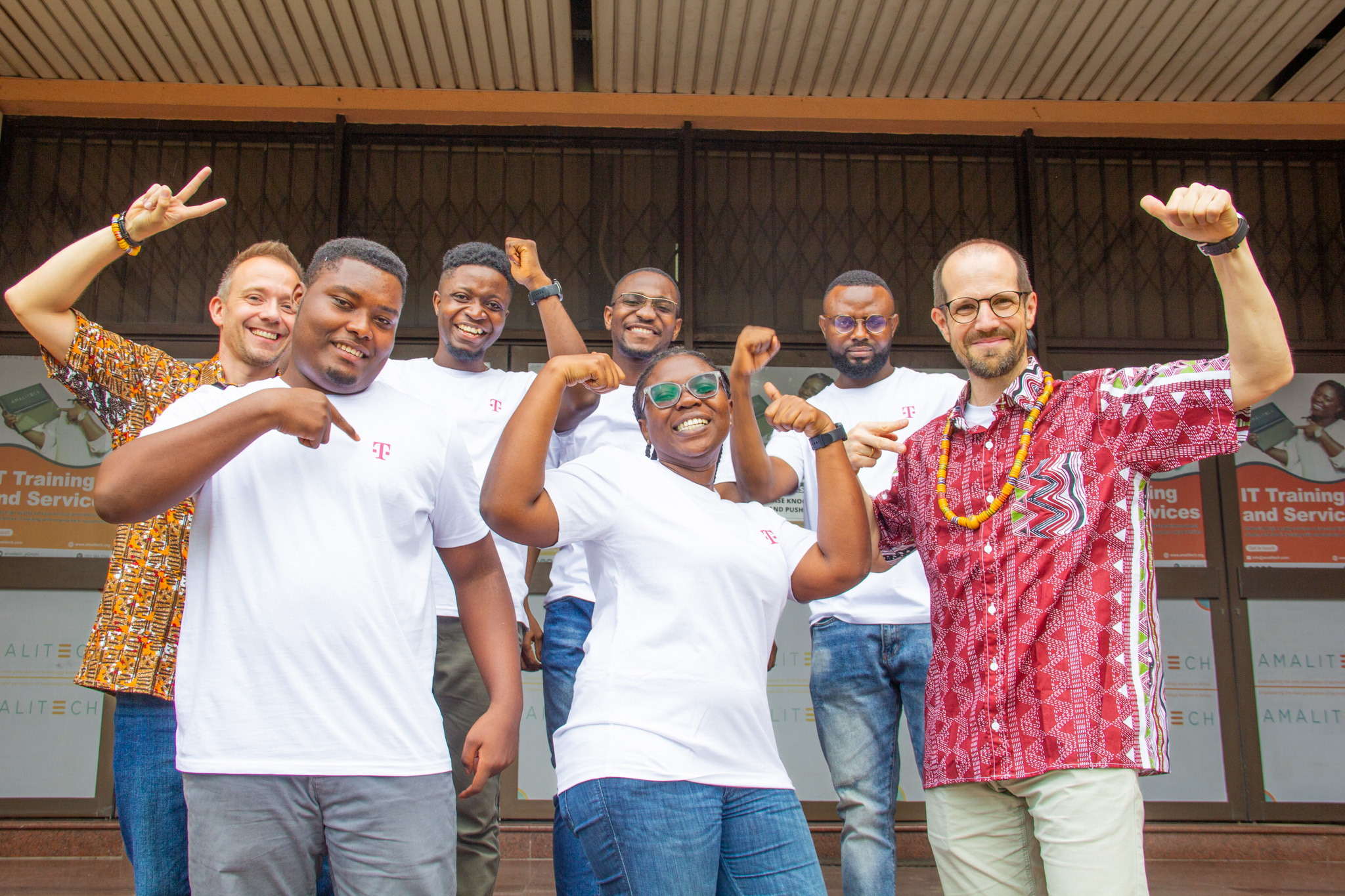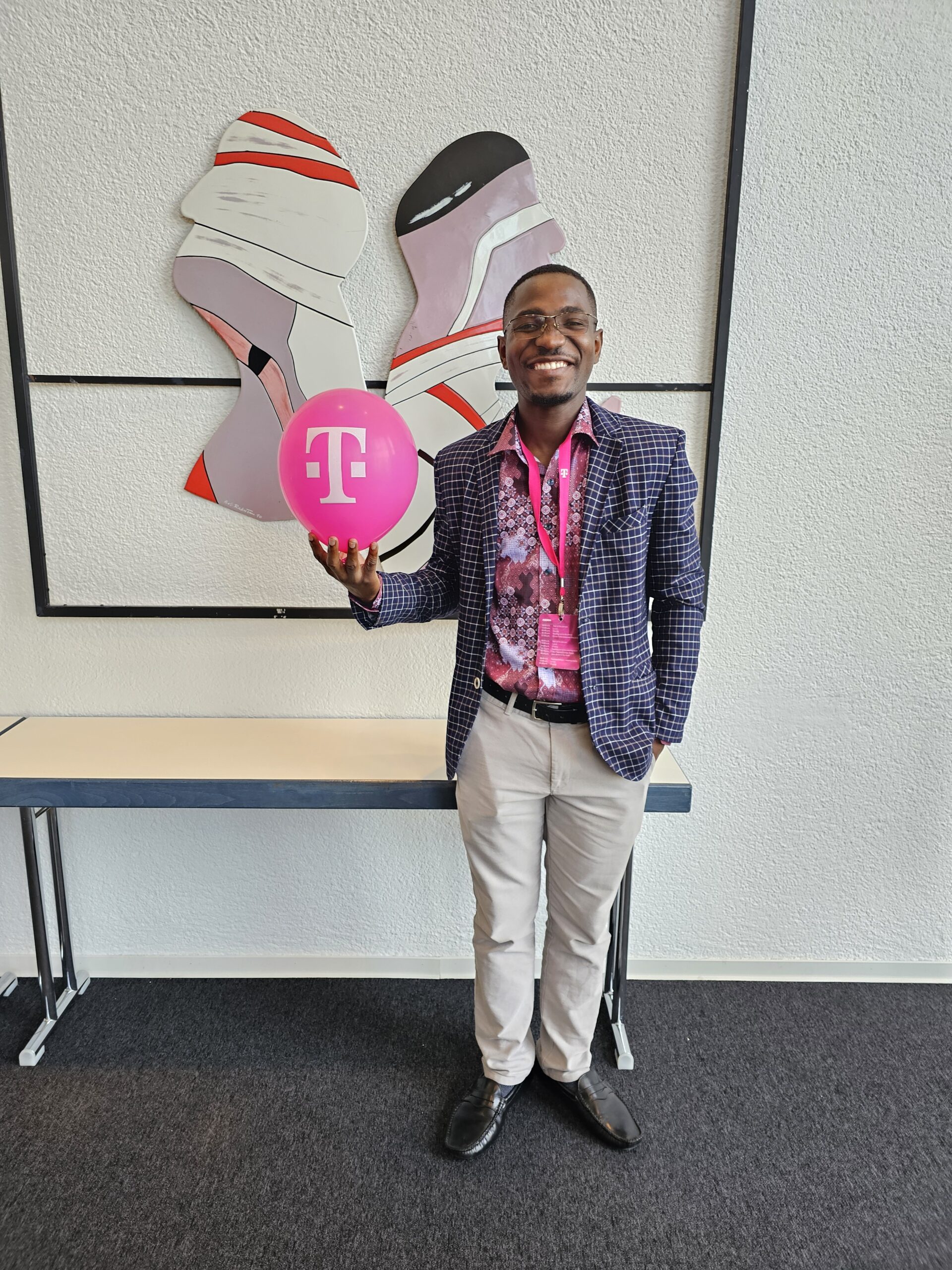Interview with Thorsten Müller - Deutsche Telekom



Interview with Thorsten Müller – Deutsche Telekom
Thorsten Müller is the SVP for Talent Attraction and Sourcing as a central function at Deutsche Telekom’s headquarters. In the following interview, he offers valuable insights into his experiences collaborating with AmaliTech.
What Strategic Advantages Does Offshoring Development Teams Offer?
Operating as a global company, we are focused on delivering products to a worldwide customer base. Offshoring is a critical component of this strategy, as it allows us to react flexibly to diverse requirements and enables distributed work. From a corporate standpoint, the ability to operate across multiple locations significantly enhances the flexibility of available skills. It also positions us to scale operations quickly whenever growth is demanded.
What Makes Ghana and Rwanda Particularly Attractive as IT Delivery Locations?
Ghana and Rwanda stand out due to their stable governments and strong focus on education and learning as foundational pillars. Contributing factors include demographic advantages, university infrastructure, English proficiency, and particularly the mindset of teams in Ghana and Rwanda. Culturally, I’ve found the people in these regions to be more receptive to global standards compared to other areas. Having previously collaborated extensively with offshore teams in India, I noticed that while both India and Ghana have distinct cultural norms, they are equally enriching in their own ways. Building rapport with Ghanaian colleagues happens quickly, even if—as I learned—it sometimes requires a sense of adventure when exploring their cuisine.
How Did You Perceive the Entry into the African Market?
AmaliTech handled most of the hurdles involved in entering the African market for us as a client. They eased many operational challenges, including enabling us to contract directly through their German entity and sharing their in-depth knowledge of local customs. I observed that relationships and on-the-ground networking play a substantial role, something we would not have been able to invest in to the same degree. Perhaps most impressive is AmaliTech’s robust training model, which includes dedicating a year to training and preparing individuals to collaborate with global companies. This means that we are working with people who are already operating at a quality level that allows us to onboard them quickly. For our needs, this approach is ideal. Our partnership with AmaliTech has been excellent. Their junior- to mid-level developers integrate seamlessly into our teams, supported by our senior architect, who mentors junior developers on coding. This collaboration has resulted in the formation of a high-performing, well- balanced team.
Was There Anything Unique About Integrating Ghanaian Team Members Compared to Those from Other Parts of the World?
The teams from AmaliTech are exceptionally well-prepared to work with Western cultures and businesses. They bring an openness and curiosity. When they visited us in Berlin, their enthusiasm and approachability created a welcoming atmosphere. This made it easy for our employees—both those from Germany and those from international locations—to connect with their AmaliTech colleagues. This lack of barriers fostered a great deal of exchange, which is crucial to us, as successful relationships and effective collaboration go hand in hand.
You Recently Visited Ghana—What Were Your Expectations and Were They Met or Exceeded?
Visiting Ghana allowed me to witness the entire talent pipeline firsthand—from university education, through the National Service year, to becoming a developer at AmaliTech. What stood out to me most was the mindset. They carry a sense of, “I am well-educated, I am capable, and I am here to contribute.” That confidence is remarkable and makes a real difference. My expectations were exceeded in several areas, particularly the excellent infrastructure. For instance, I had continuous mobile phone coverage during the drive from Takoradi to Accra. Of course, investments in transportation infrastructure are necessary, but the current level is promising. I was also impressed by the students’ confidence when they posed questions to me
during our interaction. They knew exactly what they were capable of, and it was an eye-level conversation. This positively surprised and impressed me.
Would It Be a Missed Opportunity Not to Invest in Africa?
From my perspective, in five years, it will be a “no-brainer.” There will no longer be any question of whether partnering with teams in Africa is a viable alternative. One must also consider the issue of regional reliance. While we work very successfully with teams in other regions, there is always some inherent risk, even in stable setups. Similarly, Ghana and Rwanda have their own geopolitical risks, but this is true for any location to varying degrees. Diversifying risks is therefore the right approach. AmaliTech offers a mid- to long-term alternative to reduce existing offshore-location dependency, making it a clear contributor to long-term risk mitigation from my perspective. I am truly impressed by AmaliTech. The potential in Africa is immense—we were struck by the promising demographics and the opportunities they signify. As obstacles like access to education, healthcare, and stable political systems are addressed, the region’s potential will only grow. When paired with top-tier educational opportunities, I foresee Africa becoming an unquestioned destination for investment within the next decade. That’s why, as a company, we aim to play a proactive role—investing early and actively shaping what lies ahead.
You can check out the German version of this article by clicking on [German Article]

